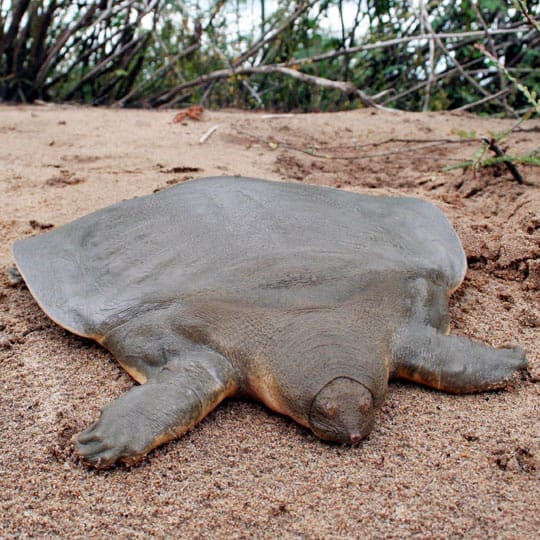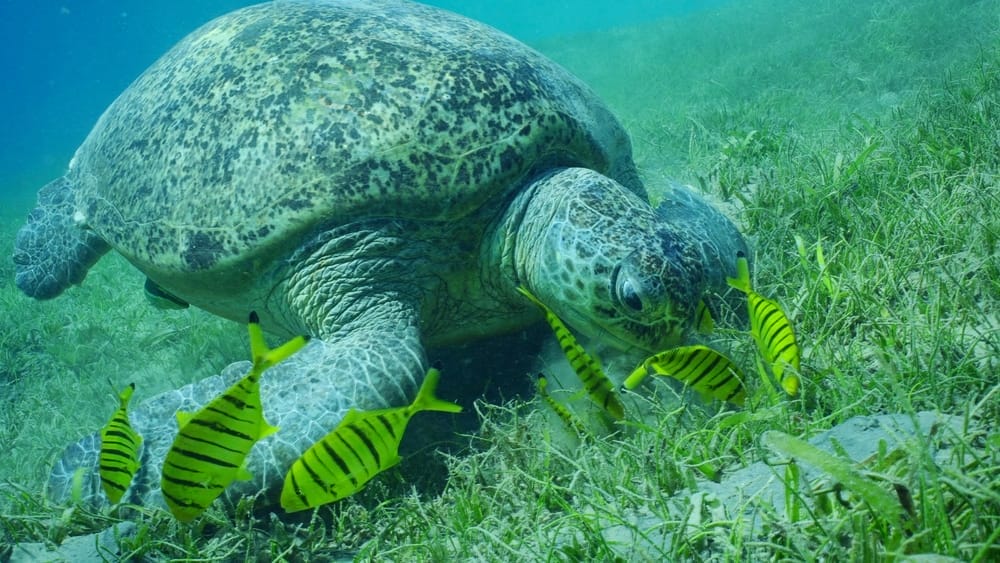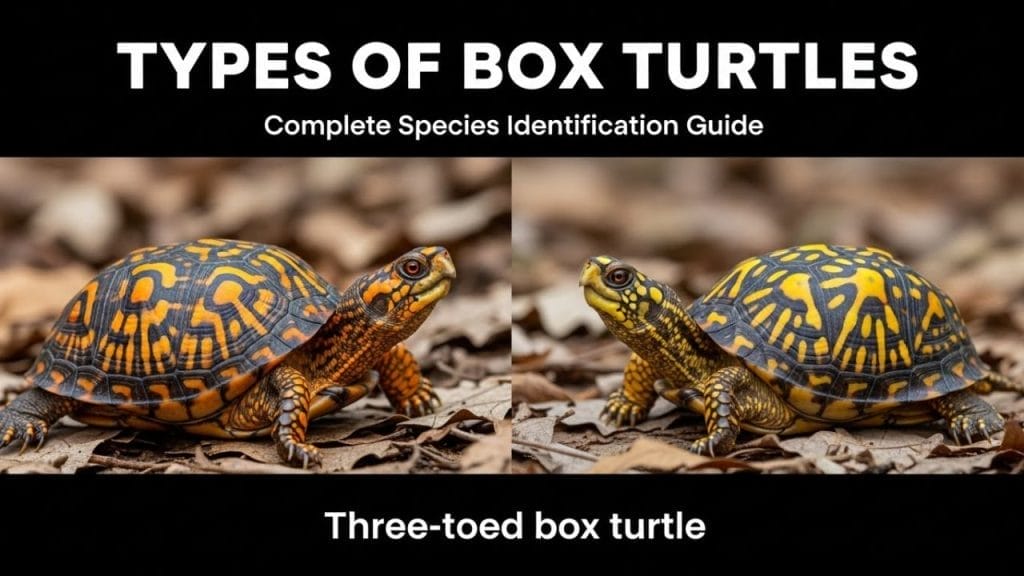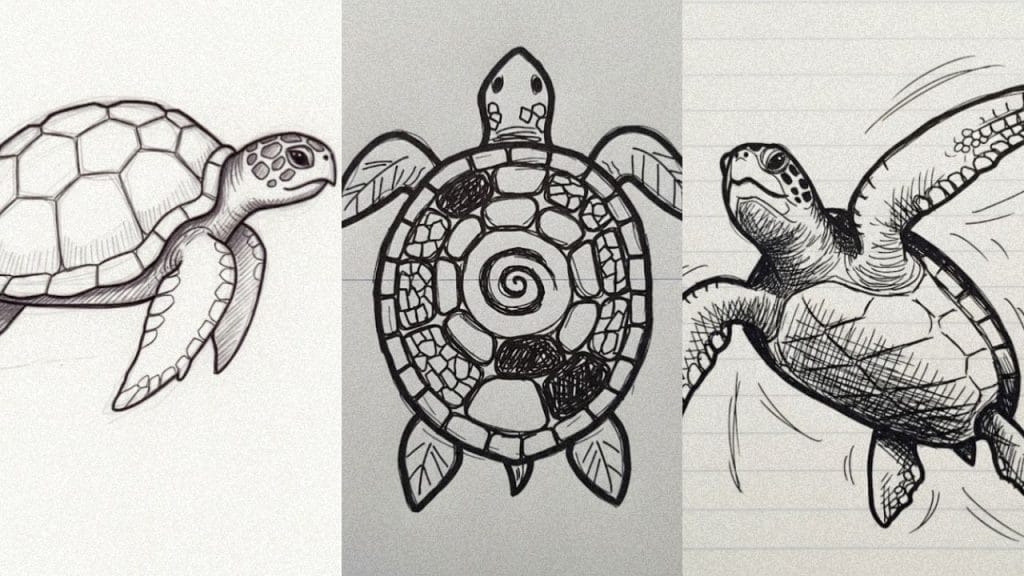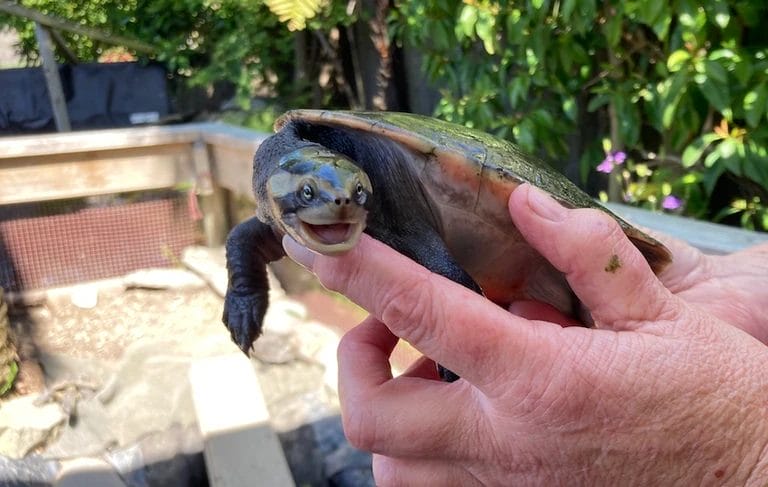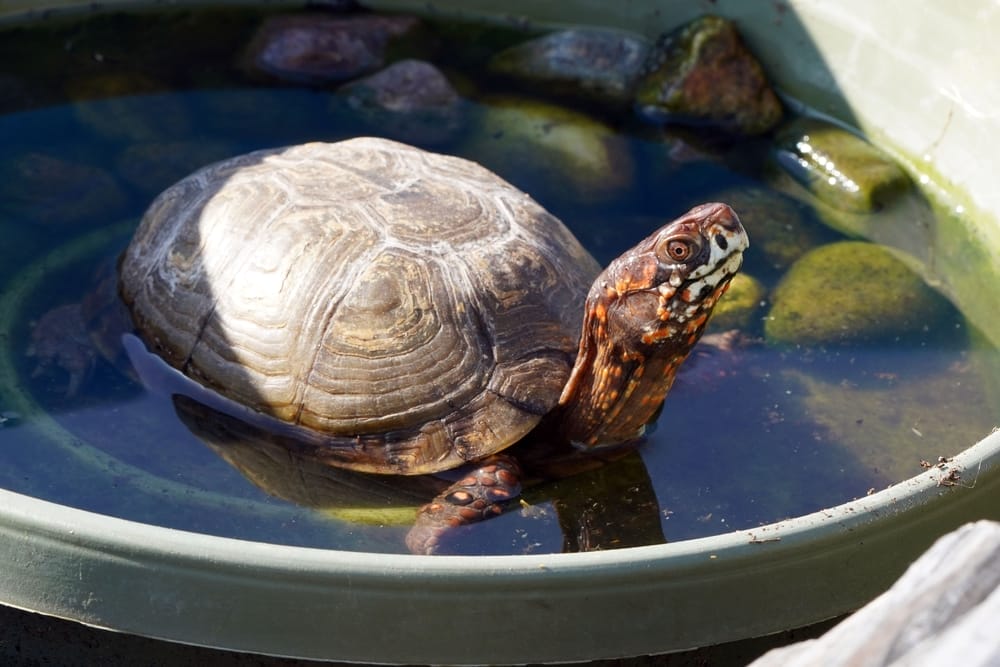Pelochelys cantorii (Cantor’s Giant Softshell Turtle)
Home > Turtle Database > Pelochelys cantorii (Cantor’s Giant Softshell Turtle)
Pelochelys cantorii, or Cantor’s Giant Softshell Turtle, is one of the largest freshwater turtles in the world. Known for its broad, smooth shell and secretive nature, this species spends most of its life buried in sand, surfacing only to breathe or feed.
Native To These Regions
Assam (India), Bangladesh, Cambodia, Hainan (China), India, Indonesia, Laos, Malaysia, Myanmar, Thailand, VietnamNative Turtle Species Map – Find Turtles by Region
Scientific Classification
Kingdom: Animalia
Phylum: Chordata
Class: Reptilia
Order: Testudines
Family: Trionychidae
Genus: Pelochelys
Species: P. cantorii
Common Names
Cantor’s Giant Softshell Turtle
Asian Giant Softshell Turtle
This Hilarious Turtle Book Might Know Your Pet Better Than You Do
Let’s be real—most turtle care guides feel like reading a textbook written by a sleep-deprived zookeeper.
This one’s not that.
Told from the snarky point of view of a grumpy, judgmental turtle, 21 Turtle Truths You’ll Never Read in a Care Guide is packed with sarcasm, sass, and surprisingly useful insights.
And hey—you don’t have to commit to the whole thing just yet.
Grab 2 free truths from the ebook and get a taste of what your turtle really thinks about your setup, your food choices, and that weird plastic palm tree.
It’s funny, it’s honest, and if you’ve ever owned a turtle who glares at you like you’re the problem—you’ll feel seen.
Identification
Description
This turtle has a broad, flat, olive-green carapace with a soft, leathery texture and no hard scutes. Its eyes are set close to the front of its head, giving it a frog-like appearance. Adults can reach lengths of over 3.5 feet (about 1.1 meters) and weigh up to 220 pounds.
Sexual Dimorphism
Males are generally smaller than females. Females also tend to have a broader body and shorter tails compared to males.
Check more turtles from the Pelochelys genus
Native Origin and Distribution
Geographical Range
Pelochelys cantorii is found in parts of Southeast Asia, including Cambodia, Vietnam, Laos, Thailand, Malaysia, Indonesia, and southern China.
Preferred Habitat
It prefers slow-moving rivers, muddy streams, estuaries, and coastal areas. The turtle likes sandy or muddy bottoms where it can bury itself for long periods.
Behavior
Feeding Habits
It is an ambush predator. The turtle hides under the sand and strikes at passing prey such as fish, crustaceans, and mollusks. It may also eat aquatic plants and carrion.
Predators
Adult turtles have few natural predators due to their size, but hatchlings and juveniles are vulnerable to birds, large fish, and monitor lizards. Humans are their biggest threat.
Reproduction
Breeding Season
Mating typically occurs in spring, with nesting between February and August depending on the region.
Reproductive Method
Females lay around 20–28 eggs in sandy riverbanks. The eggs are buried and left to incubate naturally.
Conservation
Extinction Status
Critically Endangered (IUCN Red List)
Threats
Main threats include habitat destruction, pollution, sand mining, and heavy poaching for meat and traditional medicine. Accidental capture in fishing gear also affects their numbers.
Conservation Measures
Protected in many parts of its range, but enforcement is often weak. Conservation efforts include habitat protection, community awareness programs, and breeding research.
Economic Importance
This species has been hunted for its meat and for use in traditional medicine. In some areas, it’s also sold in wildlife markets, both legally and illegally.
Interesting Facts
- Cantor’s Giant Softshell Turtle can stay buried in sand for up to 95% of its life.
- It can hold its breath for several hours thanks to special breathing adaptations.
- It was once thought extinct in some regions until rediscoveries gave hope for its survival.

About Author
Muntaseer Rahman started keeping pet turtles back in 2013. He also owns the largest Turtle & Tortoise Facebook community in Bangladesh. These days he is mostly active on Facebook.

